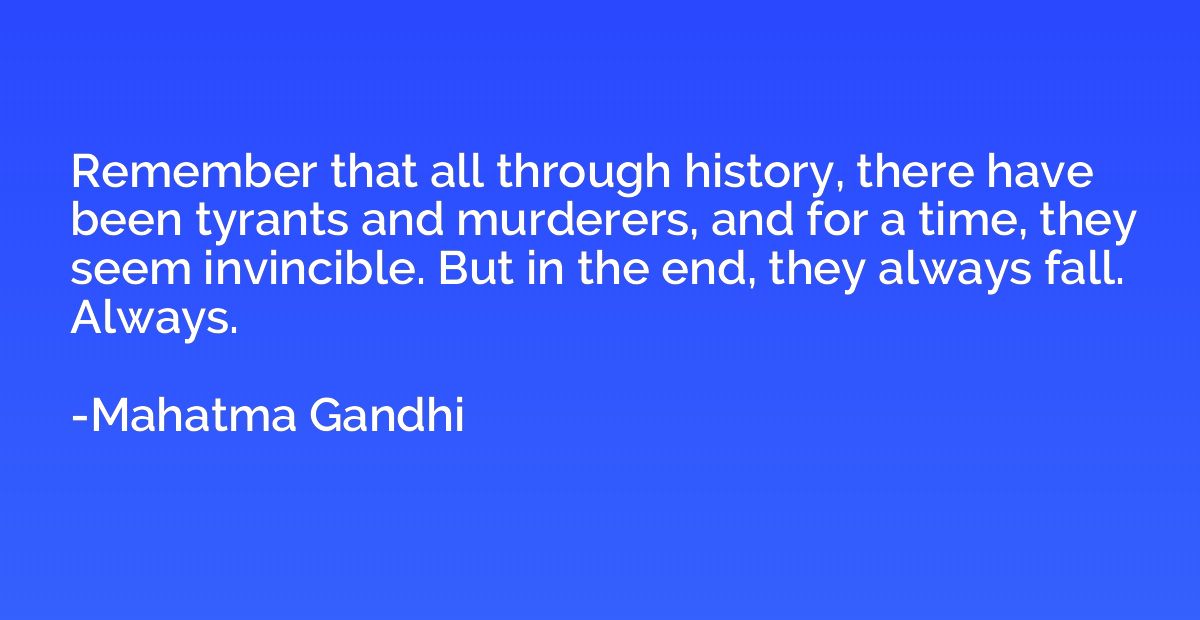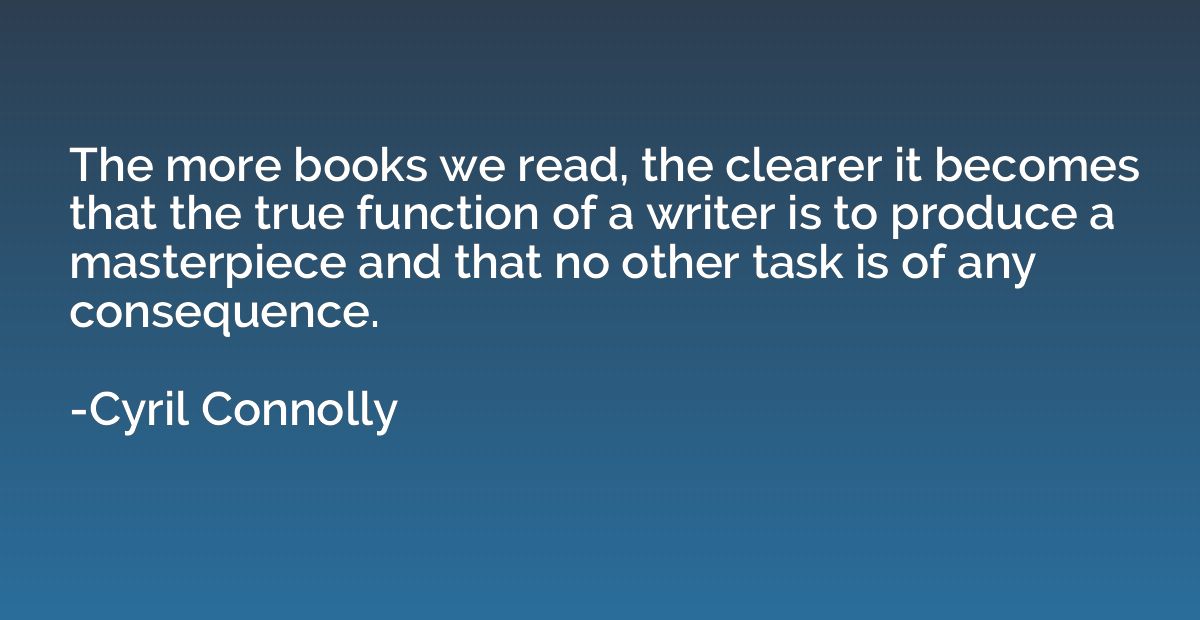Quote by James Levine
Employee fathers need to step up to the plate and put their family needs on the table.

Summary
This quote urges employee fathers to prioritize the needs of their families. It emphasizes that fathers should actively take responsibility and engage in fulfilling their family obligations. By using the phrase "step up to the plate," it implies that fathers need to be proactive and actively involved in addressing the needs of their family. It calls for a shift in traditional gender roles, encouraging fathers to contribute equally to the well-being of their households. Overall, this quote highlights the importance of balancing professional commitments with family responsibilities.
Topics
Dad
By James Levine














